While working on a fishing boat in the middle of the sea, a male fisherman named T. (born in 1973, hometown Binh Son, Quang Ngai ) experienced pain in the epigastric region and self-administered painkillers.
On June 24, the patient suddenly had severe abdominal pain, nausea but could not vomit, and constipation. The patient was admitted to the Tien Nu Island Infirmary (Truong Sa archipelago) with pain throughout the abdomen and was diagnosed with infection and poisoning syndrome.
Medical staff on the remote island consulted via Telemedicine with Military Hospital 175 ( Ministry of National Defense ).
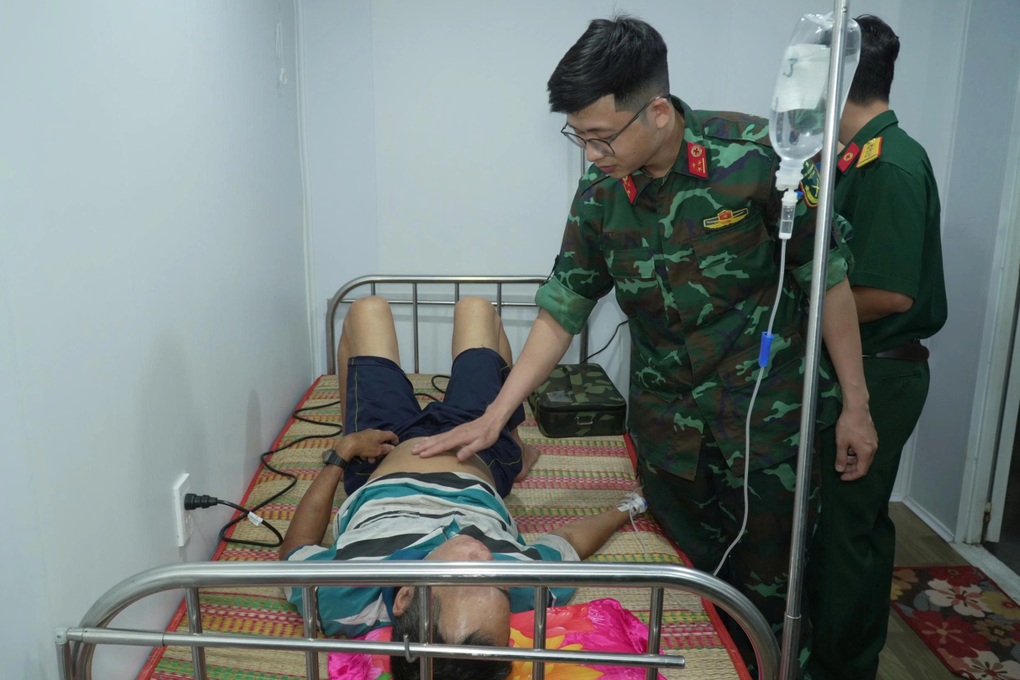
Male fisherman with severe peritonitis at sea (Photo: Hospital).
The patient was then diagnosed with total peritonitis at the 18th hour, suspected to be due to perforated gastric ulcer, duodenal ulcer, lipid metabolism disorder, cirrhosis, hepatitis B virus, heart valve regurgitation, pancreatic cyst, kidney cyst, and hemorrhoids.
Given the patient's critical condition, the medical team asked the Military Medical Department (Ministry of National Defense) for permission to transport the patient to Military Hospital 175 by air.
At 5:50 p.m. on June 25, EC225 helicopter with registration number VN-8620 of the 18th Army Corps, captained by Lieutenant Colonel Nguyen Minh Tien, Deputy Director of the 18th Army Corps Training Center, and the Air Rescue Team of Military Hospital 175 took off from Tan Son Nhat Airport to Truong Sa.
By 11pm the same day, the Air Rescue Team had reached the patient at Tien Nu Island to assess his general condition. The patient was given broad-spectrum antibiotics, placed with a gastric tube, a urinary tube, and a rectal tube. Emergency treatment was performed on the spot until he was stable, then transported to the plane.

The patient was transported by air to the mainland for emergency treatment (Photo: Hospital).
“For patients with suspected intra-abdominal infection and perforated viscus, air transport carries the risk of increasing the risk of pneumoperitoneum and affecting the patient's breathing.
Therefore, we always closely monitor patients for signs of infection during transport, especially the respiratory and abdominal organs. In addition, the appropriate use of antibiotics to avoid the progression of abdominal infections is also very important.
Good coordination with the Flight Crew of the 18th Army Corps and appropriate first aid helped reduce the bloating and successfully transport the patient to the emergency hospital, despite the long flight time and harsh weather conditions...", Captain, Doctor Nguyen Van Nghia, a member of the emergency team shared.
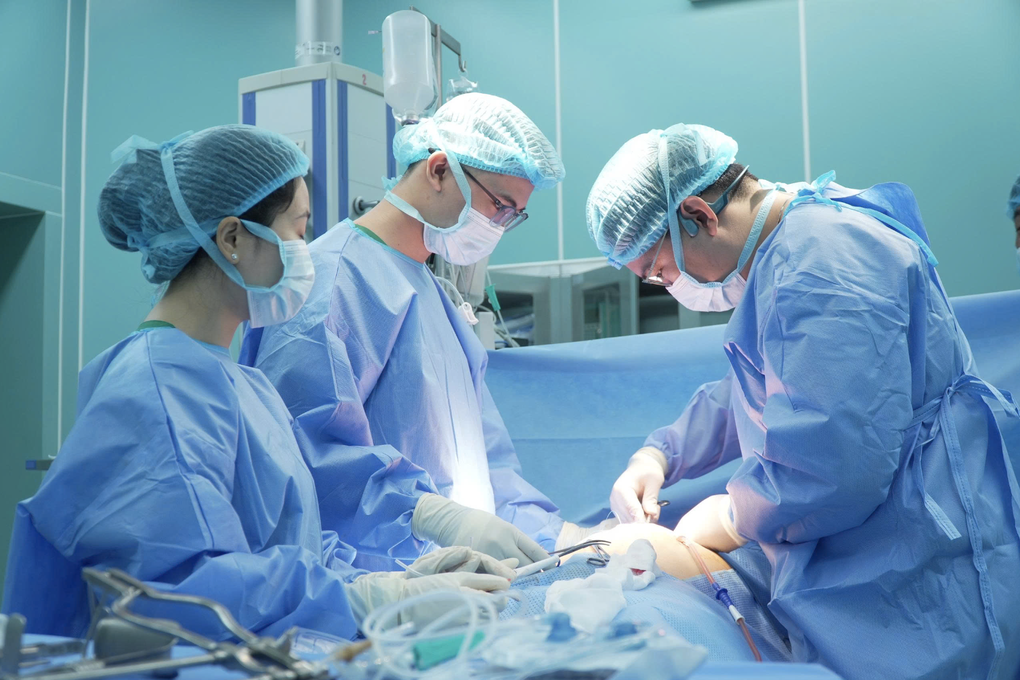
Doctors at Military Hospital 175 perform surgery on a patient (Photo: Hospital).
After the plane landed safely at the Orthopedic Institute building of Military Hospital 175, the patient was taken to the Emergency Department and quickly performed specific tests, had a consultation and underwent surgery.
By 9:30 a.m. on June 26, the surgery was successful.
Source: https://dantri.com.vn/suc-khoe/ngu-dan-thung-tang-giua-bien-khoi-duoc-truc-thang-dua-ve-dat-lien-cap-cuu-20250626153841481.htm





![[Photo] Students of Binh Minh Primary School enjoy the full moon festival, receiving the joys of childhood](https://vphoto.vietnam.vn/thumb/1200x675/vietnam/resource/IMAGE/2025/10/3/8cf8abef22fe4471be400a818912cb85)

![[Photo] Prime Minister Pham Minh Chinh chairs meeting to deploy overcoming consequences of storm No. 10](https://vphoto.vietnam.vn/thumb/1200x675/vietnam/resource/IMAGE/2025/10/3/544f420dcc844463898fcbef46247d16)


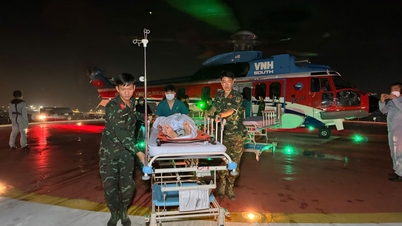

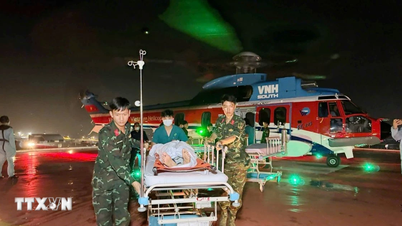

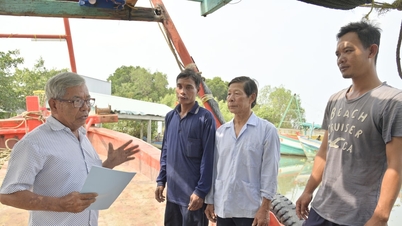

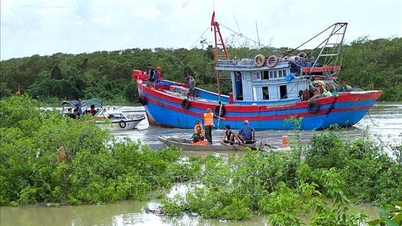
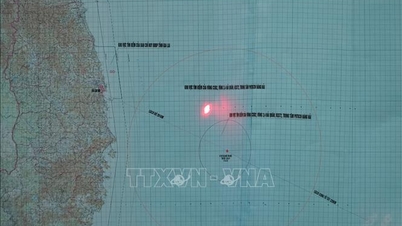


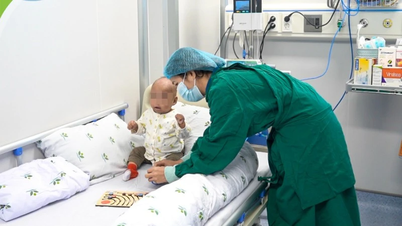
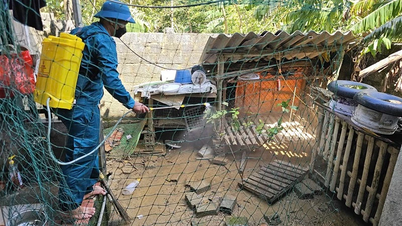
































































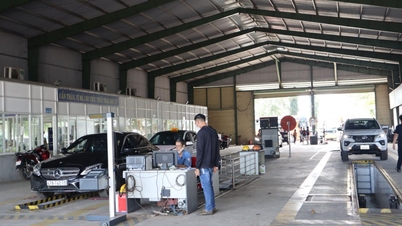


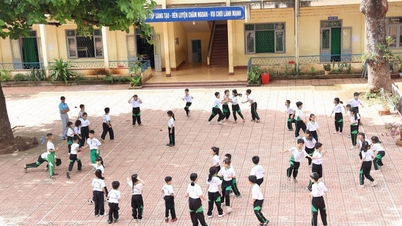
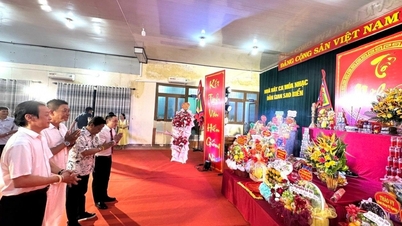












Comment (0)